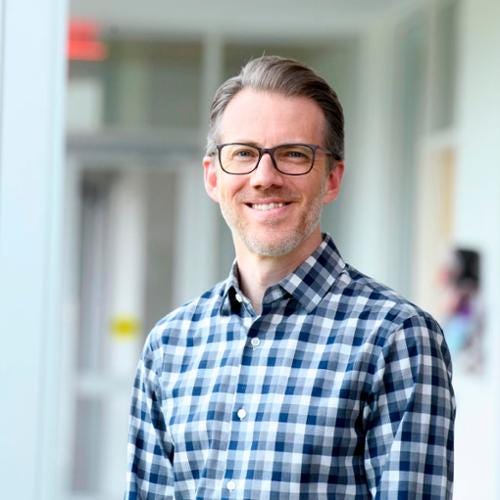
As institutions of higher learning emerge from the COVID-19 pandemic, they are confronted with another challenge: a mental health crisis. On Sept 8th,
U.S. News and World Reports
hosted a webinar called “Improving Mental Health on Campus: How Colleges Are Responding” that featured experts from a various backgrounds including Dr. David Walden, Director of the Counseling Center at Hamilton College.
The panel addressed the increase of students experiencing depression, anxiety and other mental health issues at colleges across the country. Mediator Michael Morella, a managing editor at
U.S. News
, said that since the pandemic “the demand for mental health services, support and staff on campuses has surged, and many say that it’s at a crisis level.”
Hamilton, like other colleges, has seen an increase in mental health concerns over the last five to seven years. Walden explained in an interview with
The Spectator
that, according to data from the “Healthy Minds Study,” colleges nationwide have seen dramatic increases in the utilization of mental health services and the prevalence of mental health issues. He noted that rates of mental health issues at Hamilton have been comparatively lower than at peer schools. Walden thinks that “this speaks to the treatment focused services we are trying to provide and to just how committed our students are to their own growth.” He clarified that the data “doesn’t mean everyone is where they want to be, or that we are where we want to be, but it does mean that our community has done a lot of good work over the last several years.”
Walden explained that since the pandemic, Hamilton has seen an increase in demand for on-campus counseling services. He said that initially, that increase was because of a desire for increased connection in a largely disconnected world. The Counseling Center “tried to be creative in response to the shifting set of needs and the shifting demand. We embraced virtual approaches to treatment, for example, as well as other unique kinds of offerings that were needed in the moment.”
While Walden cited the Counseling Center’s flexibility as a positive reaction to the pandemic, others on the panel pointed out that nationally, College Counseling is often not used equitably. Dr. Shawnté Elbert of Ohio State University noted that while there was positive ground made, “we didn’t see the same shift in some of our Black, indigenous, and other students of color.”
Walden agreed that extending support to deprived communities is crucial for counselors. An example of that work is a “support specialist that works through various offices in our campus that are focused on specific populations. One example is the LGBTQIA+ support specialist on campus who can answer specific questions about that life journey.”
Citing the “Healthy Minds Study,” Walden said that Hamilton’s utilization of mental health services is high compared to other institutions. This is not because of higher rates of mental health issues but rather “a function of two things: a very high percentage of our students are familiar with mental health services and we have incredibly low stigma around mental health.” Hamilton’s rates of stigma around mental health are half that of peer institutions. Walden thinks that “our higher demand [for mental health resources] is actually reflective of our student body - — which seems, overall, much more open to talking about their mental health and much more comfortable with seeking help than what we see at other institutions.”
Other panelists added to Walden’s commentary on community-based counseling and collaboration. John MacPhee, CEO of the Jed Foundation, a non-profit dedicated to improving youth mental health and preventing suicide, emphasized that colleges are a positive example of community-based mental health care. He said that “this idea about connection is so important, and I think that the customization of care was really critical. That’s how you ensure no individual students and unique circumstances are falling through the cracks.”
While counseling centers have worked to respond to the chaos of increased demand, internal turmoil has presented further obstacles. Walden said that burnout rates for college counselors are high. Nationally, 70% of counseling centers have great difficulty filling open positions, leading to staffing challenges. He said that Hamilton’s Counseling Center is fully staffed and well-resourced compared to peers. Walden said that he thinks “the biggest concern in my field is providing a meaningful and sustainable place to work for our providers. Without providers, every other concern about what counseling centers do with their services is moot.” The answer to that concern is a workplace where “people can meaningfully use their skills, where they feel supported emotionally and structurally, and where they feel valued and seen.”
Walden said that the pandemic offered a crucial perspective: it highlighted “what’s fundamentally important. I think a lot of us had to face that in our own individual lives, and I think it helped with the field.” He explained that this allowed counseling to ask questions like “what are we really wanting to do here with this field?” He thinks “that is something that’s global and a crisis like the pandemic provides that opportunity to really tune into those questions like ‘what do I really need? Who am I, really?’”
















